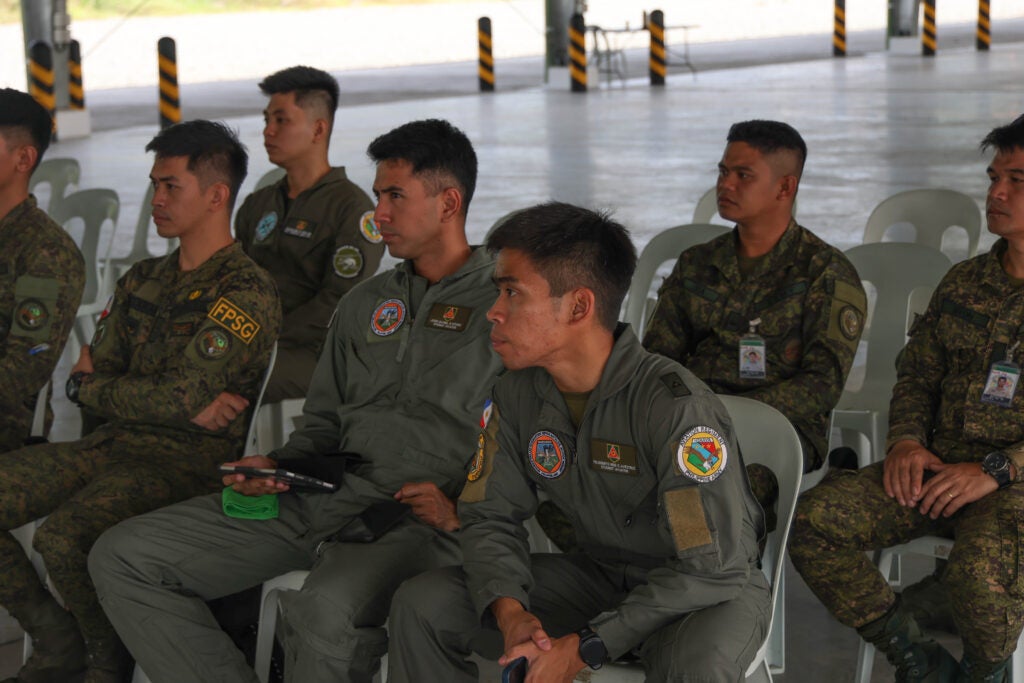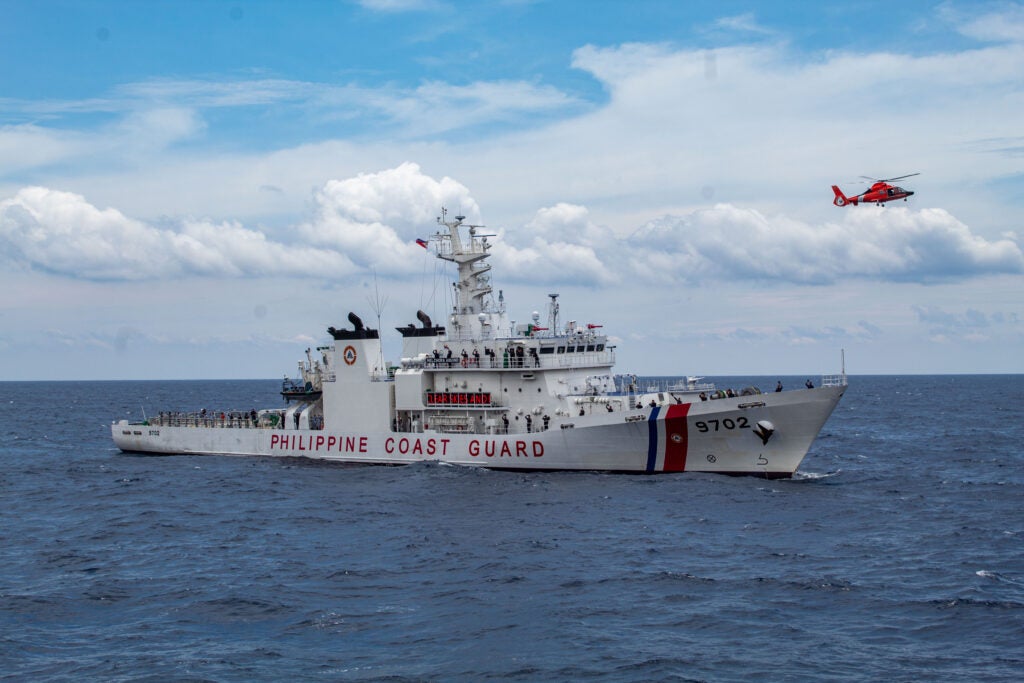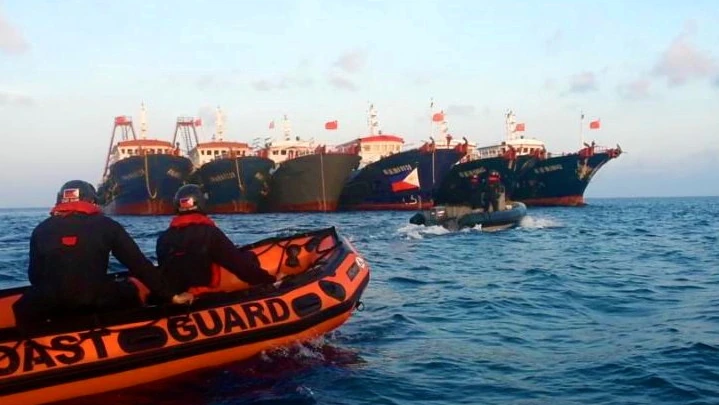Philippines Seeks to Amend WW2 Era Espionage Law After Spy Ring Busts
Over the past three months, law enforcement in the Philippines has uncovered several instances of alleged espionage activities connected with the People’s Republic of China. In late January, five Chinese nationals were arrested for alleged “illegal intelligence gathering” activities near Philippines Coast Guard facilities in the province of Palawan. The police obtained evidence including photos of several coast guard ships and facilities which were obtained via the use of aerial drones. While these suspects were apprehended, authorities suspected that the problem was much more widespread, with a spokesman for the National Security Council Jonathan Malaya saying that this was just “the tip of the iceberg” during a public forum on the incident, with other law enforcement officials speculating that there could be “hundreds” of such spy rings.

Later on March 19, law enforcement uncovered another such ring and apprehended a further eight suspects engaged in further alleged espionage activities around Subic Bay, with six of the suspects being Chinese nationals and two Philippinos. This raid brought forth more evidence of espionage activities, now aimed at the Philippine Navy and the United States Navy, such as photos of ships, patrols, exercises and documents. This bust, along with other allegations over the past several months, could indeed confirm that the espionage operations are far more widespread, as feared by law enforcement officials.

In an effort to counter this increase in spy activity, lawmakers seek to make drastic changes to the current laws surrounding espionage in the Philippines. The current law was written in 1941, by the United States during World War Two. However, the law only applies during times of war. Outside of wartime, the maximum punishment is a ten year prison sentence and a fine of 10,000 pesos, which many officials and lawmakers believe is not sufficient to combat the rise in spy activity in the wake of increased international tensions around the Philippines. Such tensions have only been exacerbated over the past few years, with repeated clashes of Philippine Navy and Chinese Coast Guard vessels being involved in numerous incidents in the region.
Philippine lawmakers and officials have raised the issue of stricter espionage laws being necessary even before these two raids, with the secretary of the Department of National Defense being quoted as saying “this is a call to action, our lawmakers know of the urgent need to amend our espionage law to punish those involved in such acts, and so that the government can move or act to suppress it,” during a previous incident back in 2024. However, now with these most recent spy rings being uncovered, the scale of the operations becomes more apparent, and many officials are joining in the call for stricter laws to combat this critical issue.

